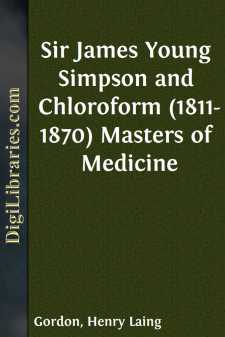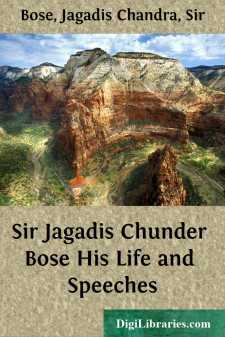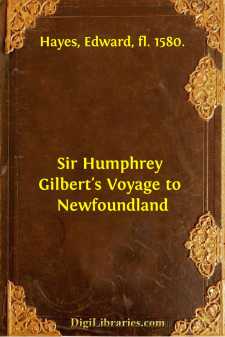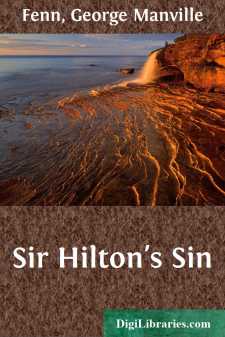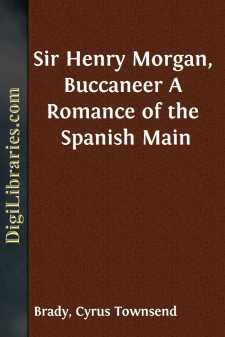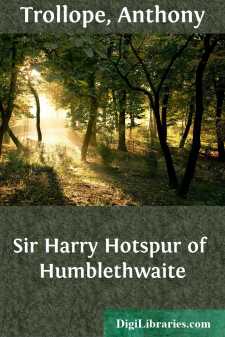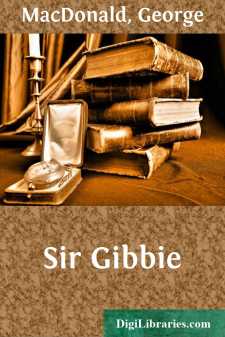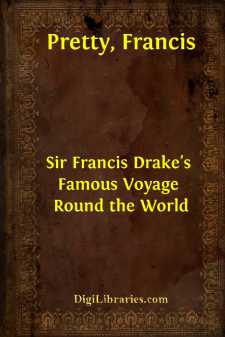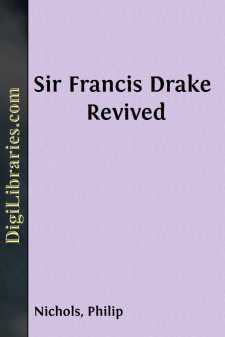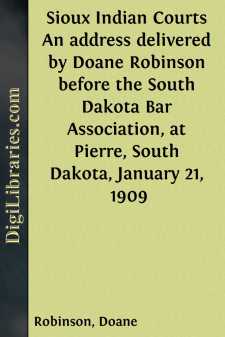Categories
- Antiques & Collectibles 13
- Architecture 36
- Art 48
- Bibles 22
- Biography & Autobiography 813
- Body, Mind & Spirit 142
- Business & Economics 28
- Children's Books 14
- Children's Fiction 11
- Computers 4
- Cooking 94
- Crafts & Hobbies 4
- Drama 346
- Education 46
- Family & Relationships 57
- Fiction 11828
- Games 19
- Gardening 17
- Health & Fitness 34
- History 1377
- House & Home 1
- Humor 147
- Juvenile Fiction 1873
- Juvenile Nonfiction 202
- Language Arts & Disciplines 88
- Law 16
- Literary Collections 686
- Literary Criticism 179
- Mathematics 13
- Medical 41
- Music 40
- Nature 179
- Non-Classifiable 1768
- Performing Arts 7
- Periodicals 1453
- Philosophy 64
- Photography 2
- Poetry 896
- Political Science 203
- Psychology 42
- Reference 154
- Religion 513
- Science 126
- Self-Help 84
- Social Science 81
- Sports & Recreation 34
- Study Aids 3
- Technology & Engineering 59
- Transportation 23
- Travel 463
- True Crime 29
Sort by:
James Young Simpson, who will ever be remembered as the discoverer of the pain-annulling power of chloroform, was born in the year 1811, at a period when there was room for a hero in the practice of the healing art in the British Islands. It is true that in the seventeenth century Harvey had laid bare the great fact of the circulation of the blood and the practical Thomas Sydenham had swept aside the...
more...
On the 30th November, 1858, Jagadis Chunder was born, in a respectable Hindu family, which hails from village Rarikhal, situated in the Vikrampur Pargana of the Dacca District, in Bengal. He passed his boyhood at Faridpur, where his father, the late Babu Bhugwan Chunder Bose, a member of the then Subordinate Executive Service was the Sub-Divisional Officer; and it was there that he derived "the...
more...
by:
Edward Hayes
INTRODUCTORY NOTE Sir Humphrey Gilbert, the founder of the first English colony in North America, was born about 1539, the son of a Devonshire gentleman, whose widow afterward married the father of Sir Walter Raleigh. He was educated at Eton and Oxford, served under Sir Philip Sidney's father in Ireland, and fought for the Netherlands against Spain. After his return he composed a pamphlet urging...
more...
Chapter One. Auntie and her Darling. “Don’t eat too much marmalade, Sydney dear. It may make you bilious.” “Oh, no, auntie dear, I’ll be careful.” “You have a great deal of butter on your bread, dear?” “Yes, auntie; that’s the beauty of it Miller says—” “Who is Miller, Syd dear?” “Our chemistry chap at Loamborough. He shows us how when you mix acids and alkalis together...
more...
PREFACE In literature there have been romantic pirates, gentlemanly pirates, kind-hearted pirates, even humorous pirates—in fact, all sorts and conditions of pirates. In life there was only one kind. In this book that kind appears. Several presentations—in the guise of novels—of pirates, the like of which never existed on land or sea, have recently appeared. A perusal of these interesting...
more...
by:
Anthony Trollope
SIR HARRY HOTSPUR. Sir Harry Hotspur of Humblethwaite was a mighty person in Cumberland, and one who well understood of what nature were the duties, and of what sort the magnificence, which his position as a great English commoner required of him. He had twenty thousand a year derived from land. His forefathers had owned the same property in Cumberland for nearly four centuries, and an estate nearly...
more...
by:
George MacDonald
THE EARRING. "Come oot o' the gutter, ye nickum!" cried, in harsh, half-masculine voice, a woman standing on the curbstone of a short, narrow, dirty lane, at right angles to an important thoroughfare, itself none of the widest or cleanest. She was dressed in dark petticoat and print wrapper. One of her shoes was down at the heel, and discovered a great hole in her stocking. Had her black...
more...
by:
Francis Pretty
The 15th day of November, in the year of our Lord 1577, Master Francis Drake, with a fleet of five ships and barks, and to the number of 164 men, gentlemen and sailors, departed from Plymouth, giving out his pretended voyage for Alexandria. But the wind falling contrary, he was forced the next morning to put into Falmouth Haven, in Cornwall, where such and so terrible a tempest took us, as few men have...
more...
by:
Philip Nichols
INTRODUCTORY NOTE Sir Francis Drake, the greatest of the naval adventurers of England of the time of Elizabeth, was born in Devonshire about 1540. He went to sea early, was sailing to the Spanish Main by 1565, and commanded a ship under Hawkins in an expedition that was overwhelmed by the Spaniards in 1567. In order to recompense himself for the loss suffered in this disaster, he equipped the...
more...
by:
Doane Robinson
SIOUX INDIAN COURTS In their primitive life the Sioux Indians of North America had an intelligent system of jurisprudence, varying somewhat in the different bands, as our court practice varies in the several states, but nevertheless recognizing the same general principles throughout the confederacy. It is not an easy thing to determine the laws or the practices of an unlettered people, who have...
more...


